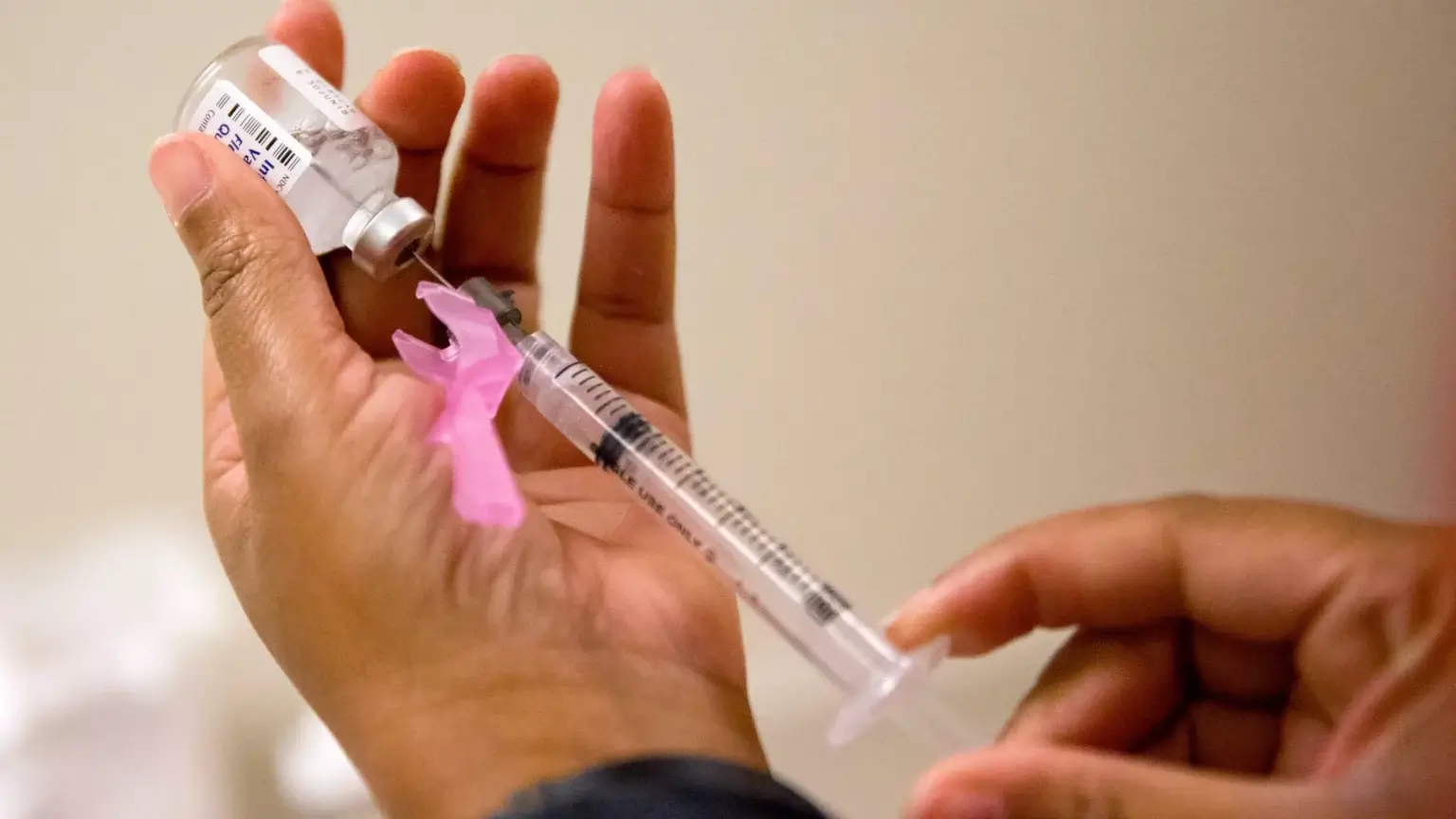Flu activity is already widespread in Georgia and state officials are urging the public to get their flu shots for protection.
“Every individual over the age of 6 months should get a flu vaccine – not just for their own protection, but to protect others around them who may be more vulnerable to the flu and its complications,” says Kathleen E. Toomey, Georgia Department of Public Healthcommissioner. “It takes about two weeks after vaccination for antibodies that protect against flu to develop in the body, so now is the time to get a flu shot.”
Flu symptoms and their intensity can vary from person to person, and can include fever, cough, sore throat, runny or stuffy nose, body aches, headache, chills, and fatigue. Some people are at higher risk of developing serious flu-related complications if they get sick. This includes people 65 years and older, people of any age with certain chronic medical conditions such as asthma, diabetes, or heart disease, pregnant women, and children younger than 5 years, but especially those younger than 2 years old, officials say.
Flu vaccine is widely available at public health departments, doctors’ offices, grocery stores, neighborhood clinics and pharmacies. To find a location near you, click on https://www.vaccines.gov/find-vaccines/. Flu vaccine can be administered at the same time as COVID vaccine, so it’s a good time to get your updated booster, too.
In some cases, healthcare providers may recommend the use of antiviral drugs that fight the flu in your body. Antiviral drugs are prescription medicines and are most effective when taken within 48 hours of symptoms appearing.
There are other measures that can help prevent the spread of flu:
- Frequent and thorough handwashing with soap and warm water. Alcohol based gels are the next best thing if you don’t have access to soap and water.
- Cough or sneeze into the crook of your elbow or arm to help prevent the spread of the flu.
- Avoid touching your face as flu germs can get into the body through mucus membranes of the nose, mouth, and eyes.
- If you are sick, stay home from school or work. Flu sufferers should be free of a fever, without the use of a fever reducer, for at least 24 hours before returning to school or work.
- If you are caring for a sick individual at home, keep them away from common areas of the house and other people as much as possible.
For more information about flu and how to prevent it, log on to dph.ga.gov/flu. You can monitor Georgia weekly influenza reports at https://dph.georgia.gov/flu-activity-georgia. The reports are updated on Fridays.


![Validate my RSS feed [Valid RSS]](https://web.archive.org/web/20240108205913im_/https://ocgnews.com/wp-content/uploads/2022/07/valid-rss-rogers.png)


